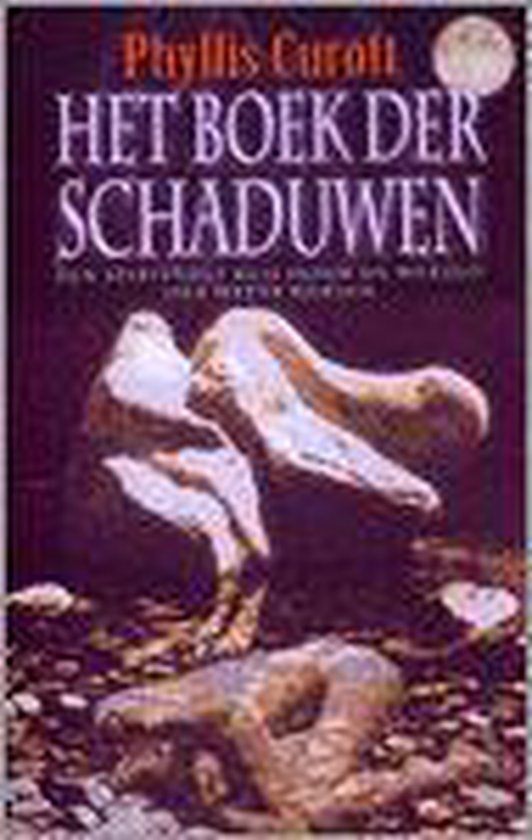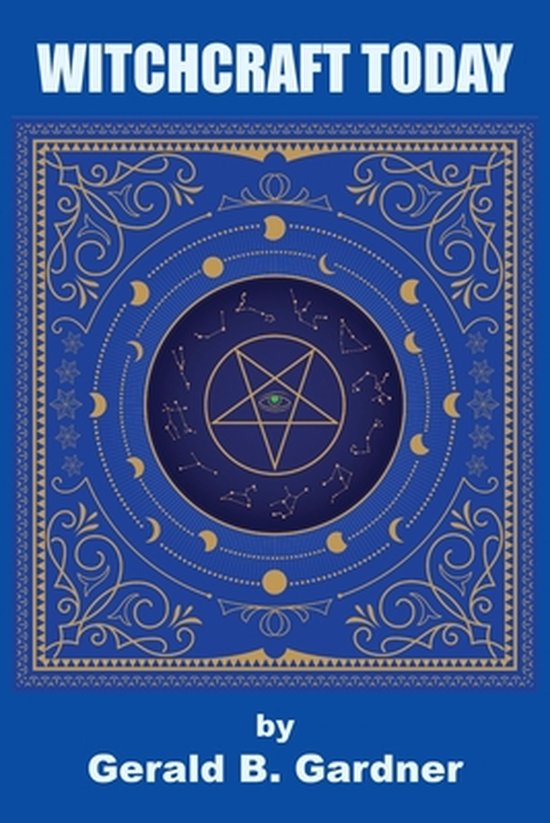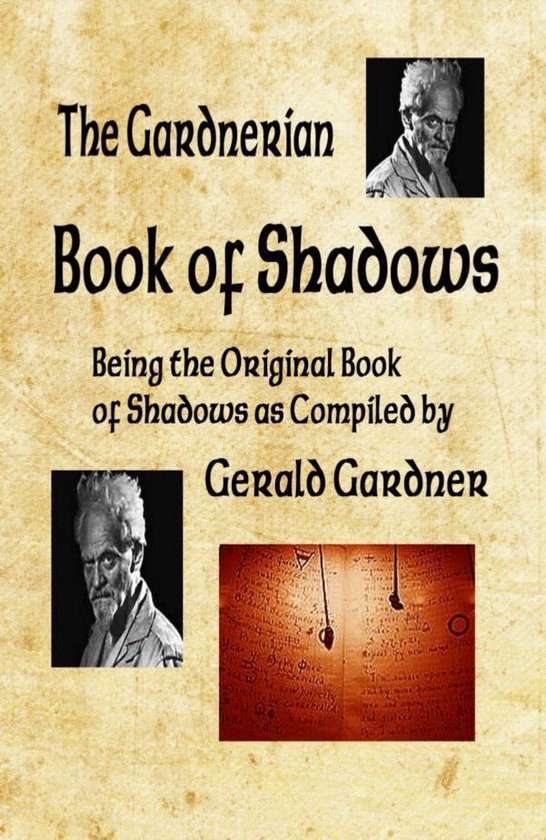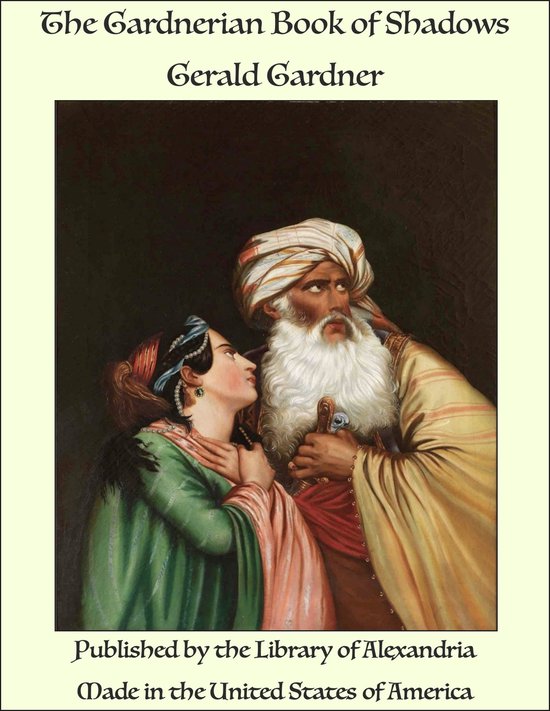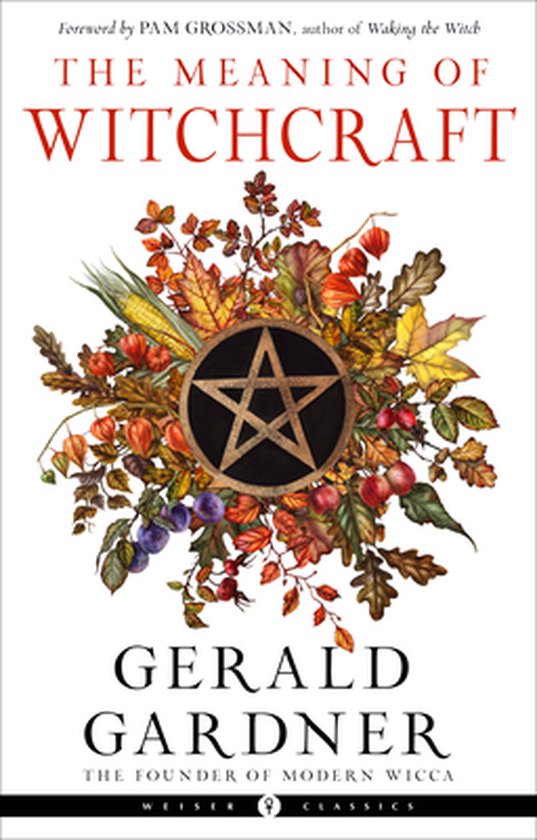
The Meaning of Witchcraft
"Those of us who use the word witch with all of the pride and fortification that it offers us do so thanks to Gardners lucid, liberating vision.Pam Grossman, author of Waking the Witch: Reflections on Women, Magic, and Power
Often called the father of modern witchcraft, Gerald Gardners life and works were ground-breaking in opening the door for the modern revival of Wicca and neo-paganism. The Meaning of Witchcraft (originally published in 1959) was the first sympathetic book written from the point of view of a practicing witch.
The foundation of magical beliefs, Gardner wrote, of which witchcraft is a form, is that unseen Powers exist, and that by performing the right sort of ritual, these Powers can be contacted and either forced or persuaded to assist one in some way. People believed this in the Stone Age, and they believe it, consciously or not, today. It is now well known that most superstition is, in fact, broken-down ritual. The meaning of witchcraft is to be found not in strange religious theories about God and Satan but in the deepest levels of the human mind, the collective unconscious, and the earliest developments of human society.
The Meaning of Witchcraft is an enduring and invaluable source book for witches today. This Weiser Classics edition includes a new foreword by Pam Grossman, author of Waking the Witch. In it, Grossman revisits the historical role and mixed legacy that Gardner has played in the revival of witchcraft and magic in modern times.
| Auteur | | Gerald Gardner |
| Taal | | Engels |
| Type | | Paperback |
| Categorie | |
